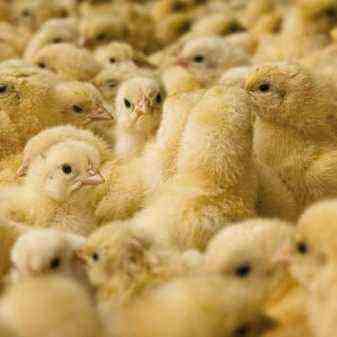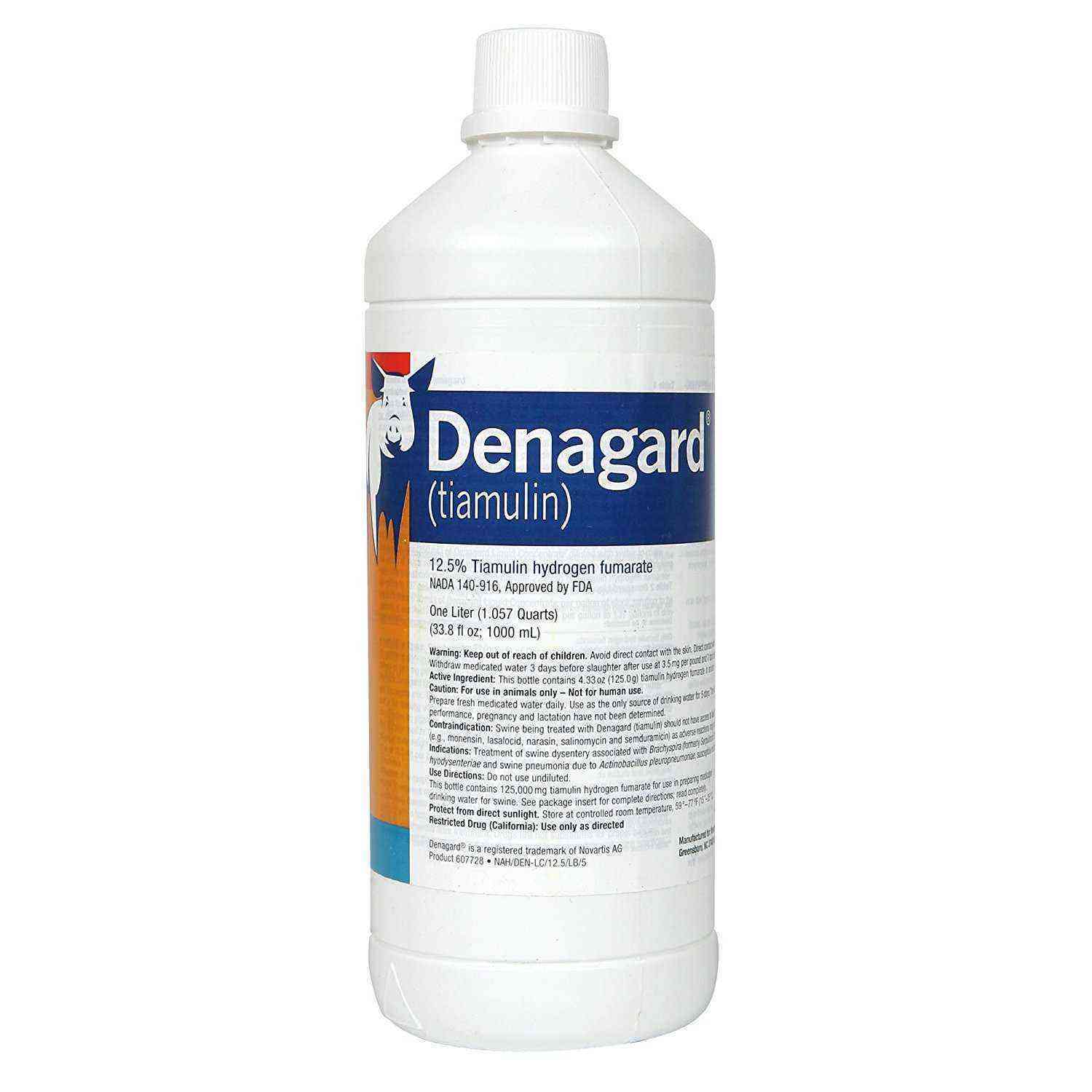Rickets develops in poultry as a result of improper, inadequate feeding of poor living conditions from the first minutes and days of the life of chickens.
The chicks are fed for the first time a few hours after hatching, when they dry out. The most acceptable, optimal and suitable products are: cottage cheese, hard-boiled eggs, millet, oatmeal, wheat and finely crushed corn. Also in the diet of chicks from the first day there should be root crops: carrots and others and greens. In addition to water, small feathered pets need to drink a solution of potassium permanganate every week.
Five days after birth, mineral supplements should be included in the diet of chicks: chalk, shells, ash. Be sure to have fine-grained sand in the chicken feeder. All these feeds and baits will ensure the normal development and growth of chickens.
How strong and healthy the chicks are will be seen in the first few days of their life. Weak, feathered pets, as a rule, die in the first ten days of life – during the restructuring of the intestinal tract and thermoregulation.
Rickets develops mainly due to a lack of calciferol (D3) in the body. Also, the reasons for the appearance of rickets in a bird can be a lack of phosphorus, calcium, vitamins and minerals, due to the unsanitary conditions of chicken coops and a lack of ultraviolet rays. Calciferol in chicks kept outside is replenished by ultraviolet irradiation. And those chickens that are constantly in the house, in cages, need to include special additives in the diet.
You can prevent the development of rickets with the help of concentrates of vitamins D2 and D3 and fish oil. The lack of calcium and phosphorus can be compensated by the use of egg shells, bone meal or phosphorus-calcium supplements (drugs) by chickens. Birds kept in cages should be irradiated with uviol or mercury-quartz lamps.
Treatment of rickets is effective only at the very beginning of the manifestation of the disease. The bird should be placed in a spacious, bright room and taken out for a walk in the fresh air, that is, for walking. In the diet of birds, vitamin and mineral supplements must be present, as well as trivitamin, fodder yeast, tricalcium phosphate, baker’s yeast and others.





































